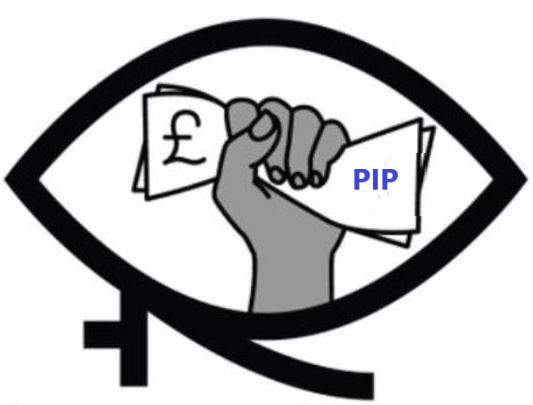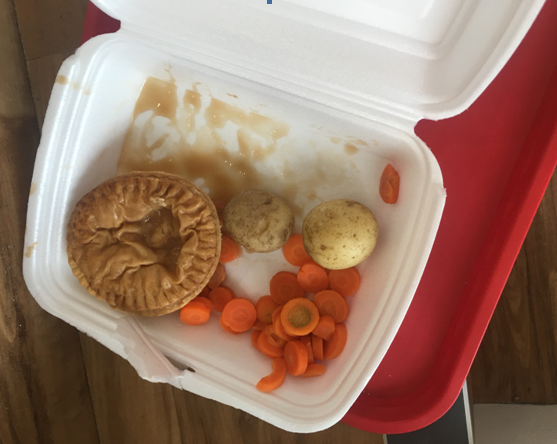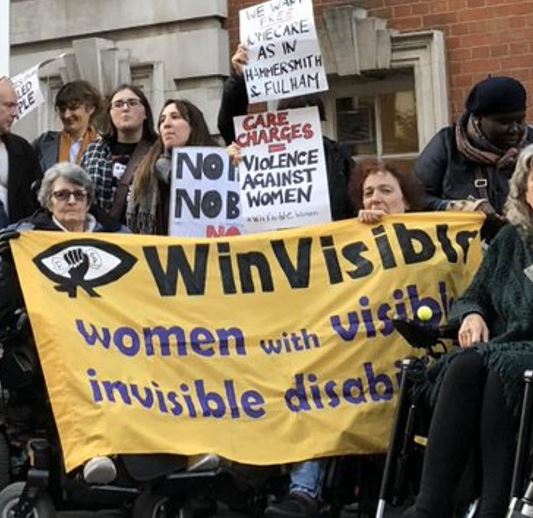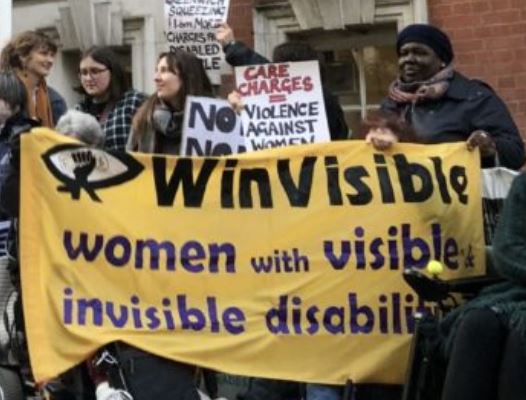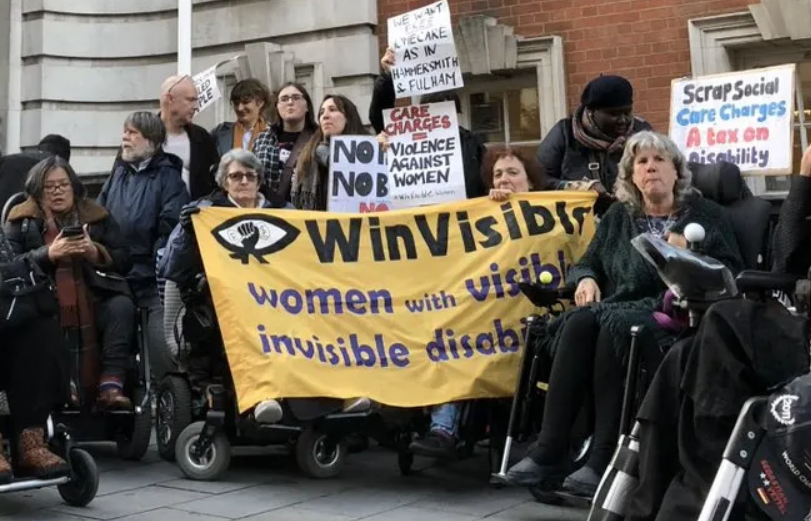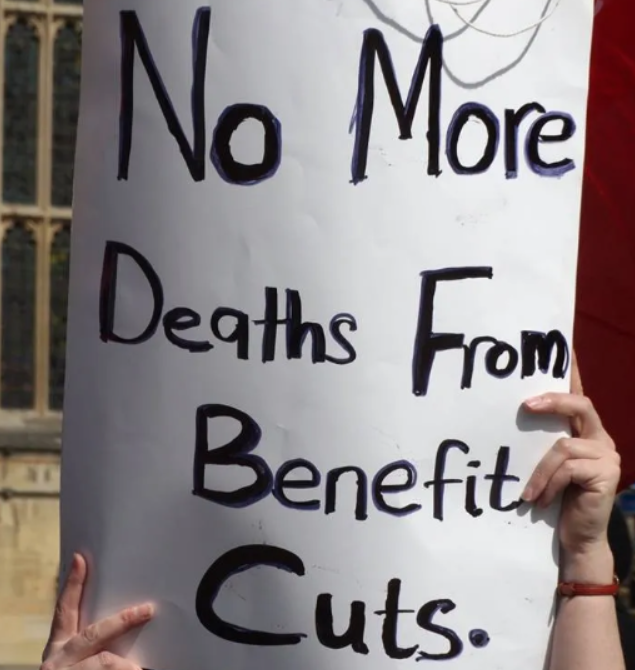“You are owed some money” – winning back after PIP cut
Ms X, a disabled single mum and survivor of domestic violence, tells how she secured over £5,000 backdated PIP which the DWP owed for her social support needs “mixing with people” – taking action from info about a legal case she read about online. She could pay off energy bills and other debts hanging over … Read more

